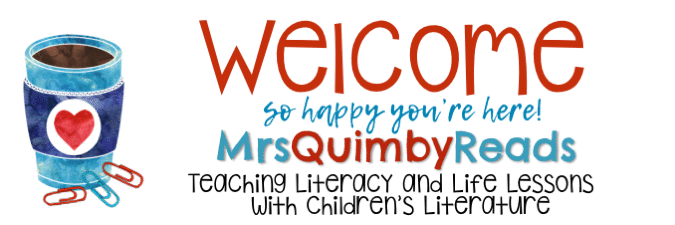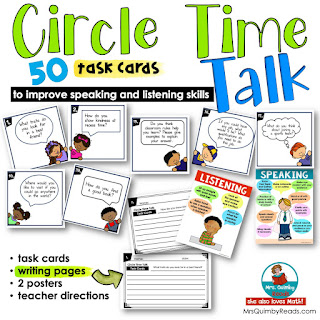Charlotte's Web - Novel Study
 |
| Charlotte's Web -Novel Study |
This complete and engaging novel study and literacy unit for Charlotte’s Web will save YOU time and engage your students in a meaningful reading experience. This novel study includes reading responses, graphic organizers, comprehension questions, vocabulary, writing about reading, character study, story elements, task cards for discussion groups or journaling and "book talk" questions for understanding the story, an interactive flip book and more! Everything you need! At your fingertips! You can easily assign these pages for distance learning and school-at-home assignments.
These writing prompts and graphic organizers
• will enable young readers to make connections to their reading
• will support reading strategies taught
• will improve reading comprehension
• will engage students in literature in a meaningful way
110 pages of Reading Response Graphic Organizers and Writing Prompts Include:
- character study pages [12 pages]
- adjectives to describe the characters
- "Who am I?" character riddles
- setting [2 pages]
- 5 vocabulary bookmarks
- vocabulary words for classroom display [42 key words from story]
- writing about the theme [3 pages]
- compare and contrast
- ‘thick and thin’ questions [5 pages]
- comprehension questions chapter-by-chapter [22 pages]
- comprehension question task cards for discussion groups or journaling
- story elements flip booklet [fun to make]
- poetry! About a Spider, of course!
- writing prompt for spider webs
- visualizing activity
- visualizing anchor chart for display
- theme study pages
- summarize the story page
- recommendation page
- ‘make a cover’ for your Charlotte’s Web folder
- "book talk" questions for teacher with pacing guide
- teacher resource pages
The flip booklet is easy to assemble. Download, print on 2 sides, fold and staple and you are ready to go!
This book is a wonderful book teaching the theme of friendship and loyalty.
E.B. White is a masterful writer and he captures the children's minds and hearts on page 1. You will be able to use this novel study if you decide to do a read aloud with the book; or if you assign the book for independent reading or






